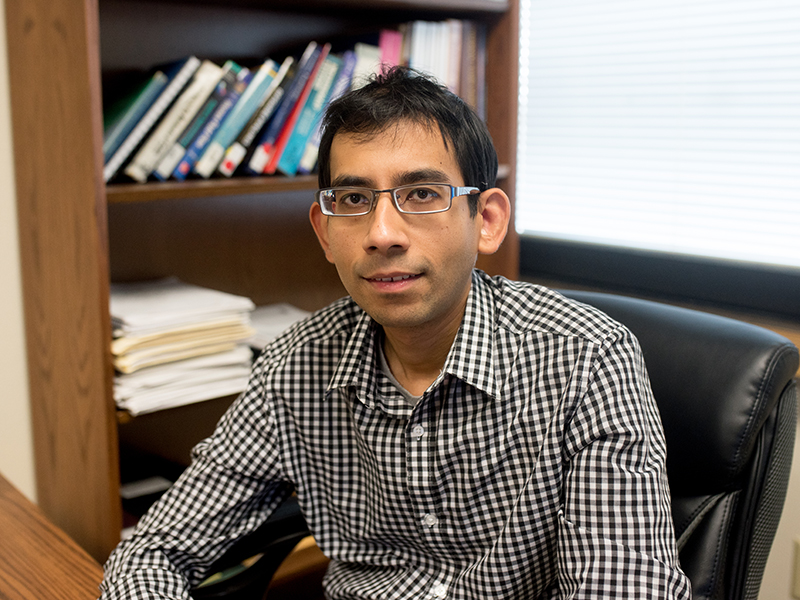At a glance
| Title | Nano-Additives-based Polymeric Ionic Liquids for energy and CO2 sequestration applications |
| Reference | 2022.15778.UTA |
| Scientific Area | Nano Materials for New Markets |
| Funding (PT) | 49 824 EUR |
| Funding (US) | 100 000 USD |
| Leading Institutions | IST-ID, Associação do Instituto Superior Técnico para a Investigação e Desenvolvimento, PT |
| Participating Institutions | Instituto Superior Técnico, PT |
| Duration | 15 months |
| Start date | June 1, 2024 |
| End date | August 31, 2025 |
| Keywords | Ionic Liquids; Nanomaterials; Thermal conductivity; Co2 Storage |
What is NAPILs about?
This project targets the synthesis and characterization of novel Nano-composites-based Polymeric Ionic Liquids (NAPILs) to enable a new technique for carbon sequestration
What critical challenges are nano-additives-based polymeric liquids addressing?
High thermal conductivity NAPILs will be synthesized to enable seabed sequestration of carbon dioxide (CO2) as CO2 hydrates (ice-like materials consisting of ice and water).
How will nano-additives-based polymeric liquids optimize energy and CO2 sequestration?
The recent research and commercialization initiatives on CO2 hydrates-based seabed sequestration shown that for this concept to succeed, CO2 hydrates need to be synthesized at rapid rates. The proposed research will explore the benefits of Nano-composites-based Polymeric Ionic Liquids (NAPILs) for rapid production of CO2 hydrates, since hydrates are notoriously slow to form under artificial synthesis conditions.
NAPILs will enhance CO2 hydrate formation via two independent promoting mechanisms:
i) providing high thermal conductivity pathways for heat removal;
ii) stabilizing the cage structure associated with CO2 hydrates;
How are nano-additives-based polymeric liquids contributing to nanomaterial research?
CO2 hydrates offer a novel pathway for CO2 sequestration. Estimates of global carbon capture and sequestration (CCS) requirements by 2050 are as high as 10 Gigatons/yr. In contrast, existing global capacity in 2020 was < 50 Megatons/yr.
This highlights huge market opportunities, and the need to develop new, scalable CCS technologies. In this project the aim is to develop an alternative to geologic injection, which is the only mature, EPA-approved, industrial-scale technology for CO2 sequestration currently. This concept should therefore be viewed as Plan B for gigascale sequestration of CO2. That in itself if an entirely new approach and research area.
Key Expected Outcomes
- 2 Articles in international journals;
- 3 Communications;
- 2 Master theses.
Research Exchanges
2025 – Karey Manor and Mark Hamalian
PhD Students in Dr Vaibhav Bahadur’s lab, Walker Department of Mechanical Engineering, UT Austin and Visiting Researchers at IST, Portugal. Download their visit report here.
Project Team
Ana Ribeiro
Vaibhav Bahadur
- Other team members in Portugal: Ana Moita (co-PI; IST)


